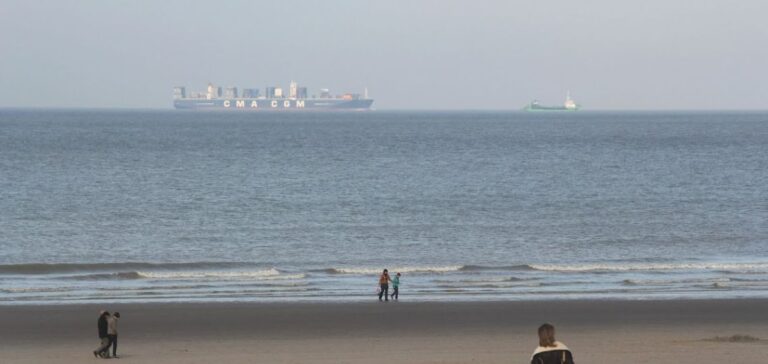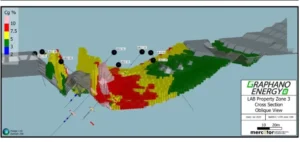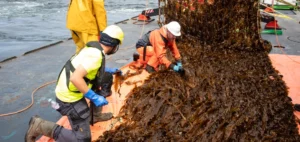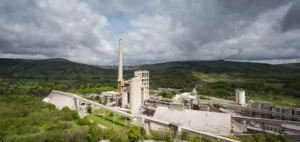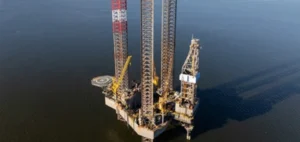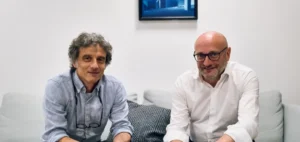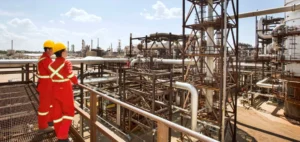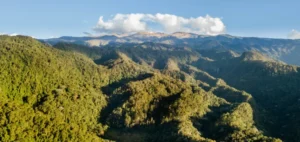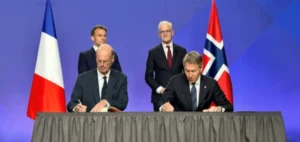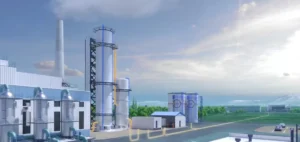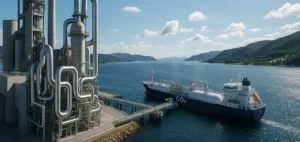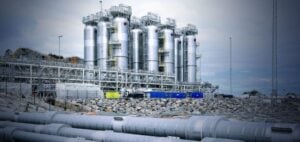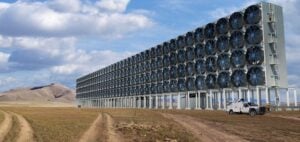TotalEnergies has won two permits to explore the potential for CO2 storage in the North Sea in Denmark. The group aims to trap 5 million tons of CO2 per year by 2030 on an area of more than 2,000 km2, located about 250 km from the Danish west coast.
Gas fields and saline aquifer
The site includes the Harald gas fields, operated by TotalEnergies, as well as a saline aquifer that can accommodate the stored volumes. Carbon capture and storage (CCS) projects, which are still costly and under development, aim to capture and trap CO2, the source of global warming emitted by fossil fuel exploitation and heavy industry.
The CO2 captured at the source must be transported to be stored in reservoirs such as geological cavities or depleted oil and gas fields. TotalEnergies will own 80% of the project, called Bifrost, in collaboration with Nordsøfonden (20%). No details on cost or funding were provided. First, the group must conduct detailed evaluations. The objective is the development of a viable project for the transport and permanent storage of more than 5 Mt of CO2 per year.
First drilling in 2025
The goal is to drill the first well in the aquifer in 2025, more than 2 km below the seabed. TotalEnergies is involved in four CO2 capture and storage projects in the North Sea.
Faced with the magnitude of global warming, UN climate experts believe that the world will have to resort to CO2 capture and storage, regardless of the rate at which greenhouse gas emissions are reduced. Other similar projects are underway elsewhere, notably in Norway with the “Northern Lights” project which is due to start in 2024.

